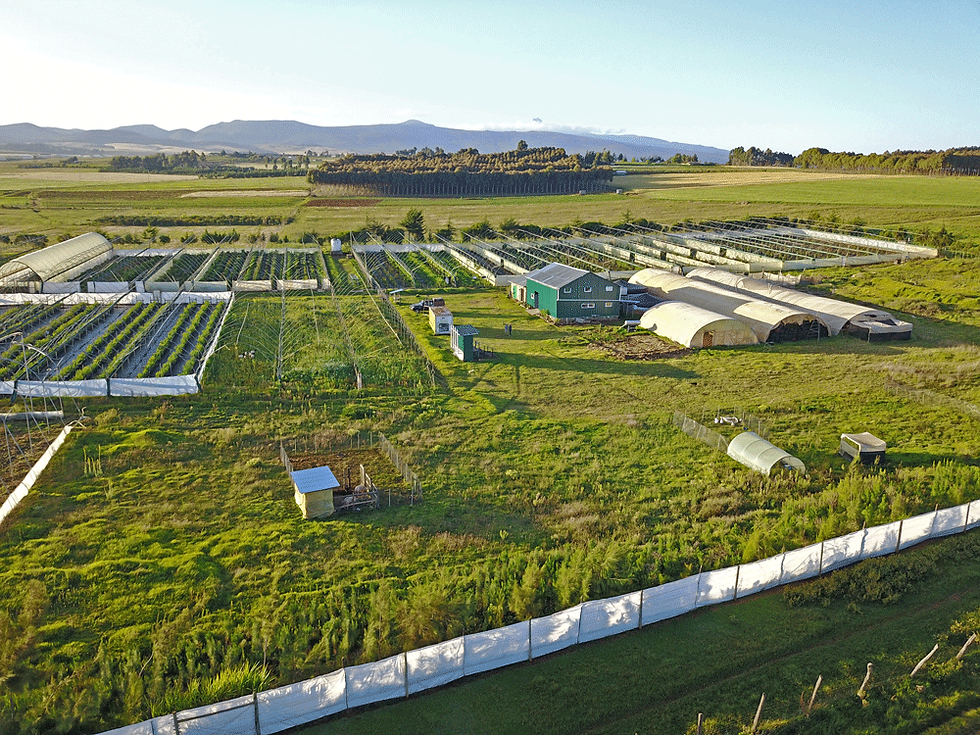Regenerative Agriculture
- Tamalu
- Feb 4, 2022
- 2 min read
An Opportunity for businesses and society to restore degraded land in Africa
Multi-crop farming - A case study on Tamalu Farm
Agroforestry and regenerative land management are being piloted to revive an abandoned and degraded farm.

LEAF Africa is promoting productive agriculture and forestry, encouraging the adoption of regenerative agricultural practices through demonstrations and training. The pilot farm is the first of a number of projects and demonstration sites that LEAF is developing in Kenya. Across these sites, LEAF works to enact diverse and profitable regenerative agricultural systems by engaging with farmers.
Project Overview
Agroforestry and integrated land-use management techniques are employed to restore a previously abandoned flower farm. The ten-acre site had been lying fallow for twelve years before the business began work to restore its productivity in January 2019 (Mitchell, 2021). Agroforestry techniques such as intercropping are adopted to promote crop diversity, with crops including tomato, maize and potato. In the medium to long term, higher value species such as avocado, guava, and timber trees will be introduced. On the farm, the combination of pasture, animals, tree cover and diversified forests regenerates overgrazed and degraded landscapes (Tamalu Farm, 2020b). Farmer education and training is core. By directly training the farmers on the landscape, the adoption of regenerative practices is facilitated. This includes live-in apprenticeships and farm tours, which teach regenerative agriculture principles, agroforestry implementation and soil enhancement techniques, among others (Tamalu Farm, 2020a). Over 500 people were trained in 2020, a figure expected to triple once COVID restrictions loosen.
Project Impacts
The project has already seen ecological and economic benefits. The business reports more productive soils, carbon sequestration and richer biodiversity as evidence of positive impacts on the ecosystem (Mitchell, 2021). The business has also succeeded economically, breaking even and enjoying high levels of demand for produce. Its success has encouraged neighbouring farmers to participate in training. As the project is still at an early stage, further ecosystem and economic benefits are expected in the future.
Going Forward
The business aims to expand the pilot and replicate its results elsewhere. The business is currently in the fundraising phase of launching ForestFoods, a premium fresh produce brand that is in control of its supply chain, including logistics and distribution/delivery services. ForestFoods will own and manage core nucleus farm sites and incorporate smallholder farmers, expanding its enterprise to 125 hectares in total over the next 5 to 7 years.
The above Case Study is from the original report: Regenerative Agriculture | An Opportunity for businesses and society to restore degraded land in Africa
A REPORT BY THE AFRICA REGENERATIVE AGRICULTURE STUDY GROUP







Comments